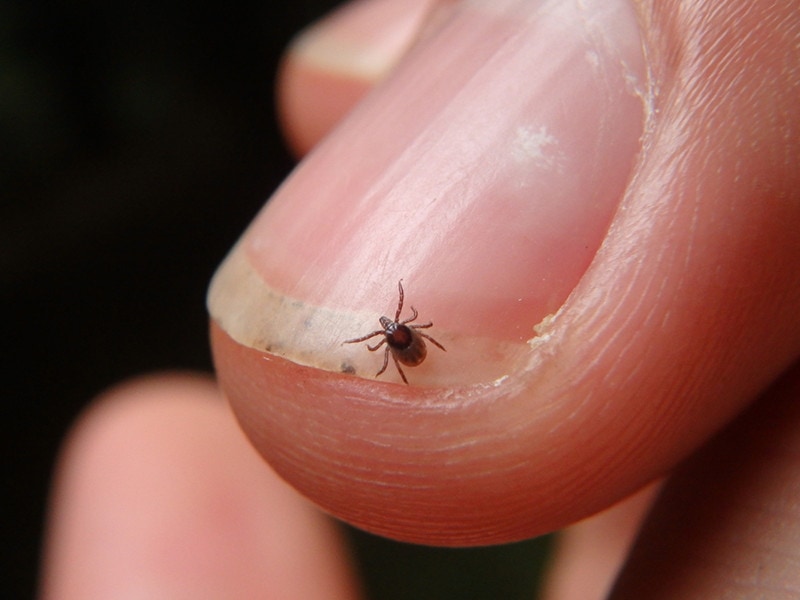
Bird mites—they’re tiny, bloodsucking parasites that infest poultry, wild birds, and pets. But can they live off our furry pets along with our feathered ones? You might think that bird mites would never touch a cat, but that’s not quite true. Bird mites need bird blood to reproduce, but in an emergency, many types will also go after mammals. If they can’t find a bird host, bird mites may try to live off the blood of a dog or cat.
While bird mites will not be able to complete their life cycle on a cat, they can still bite them to feed off their blood.
All About Bird Mites
There are many different species of bird mites, but they all have some things in common. They’re tiny bugs that are only a few millimeters long at their largest. Bird mites drink the blood of birds to survive and often lay eggs on their feathers. Some types of bird mites live on their host birds full time, while others infest nesting material, leaf litter, bedding, or similar materials. Bird mites go through four lifestyle stages—egg, larva, nymph, and adult.
Egg
Bird mite eggs are laid on nests or feathers by adult bird mites. They take about one to two days to hatch.
Larva
Bird mite eggs hatch into larvae. These are young, immature bird mites that do not eat. The larva stage is short, lasting only a few hours.
Nymph
A few hours after hatching, larvae shed for the first time. After this, they are known as nymphs. In species that are not born on a bird host, they will seek out a bird at this time. Then, they will eat their first meal of blood. Nymphs will shed several times over the course of a few days to weeks and eat regularly.
Adult
Mites are considered adults when they are able to breed and lay eggs. Their adult lifespan depends on the species—some live as long as eight months. They can lay several eggs a week and continue to feed on blood throughout this time.

When Bird Mites Bite Cats
Normally, bird mites prefer to live on birds, and they require bird blood to reproduce. However, that doesn’t stop mites from infesting other species in a pinch. If a host bird dies and no other birds are available, mites will hop onto cats, dogs, or humans instead. The bites will feel like a small prick, and the mite will begin to swell with blood, turning red in the process.
Reactions to the bite vary—some pets will have no reaction to the bite, while others might have swelling, redness, and other signs. The only sure sign of a bird mite is finding a mite on your pet.
Although bird mites can grow and survive on mammal blood, they aren’t able to reproduce. This means that if your cat picks up bird mites, they’ll die off relatively quickly without laying eggs.
What to Do if Your Cat Has Bird Mites
When you see an insect living on your cat, it’s important to get a proper diagnosis from a vet. Also, not all mites are visible with the naked eye. Further, there are other species of fleas and mites that can reproduce on your cat and are much more common on cats.

Last Thoughts
Bird mites require birds to survive, but in a pinch, they might bite your cat instead. Most of the time, bird mites aren’t a cause for concern to cat owners. Reactions to bird mite bites are generally minor and bird mites can’t reproduce on cats. If your cat does seem to have a mite infestation, it’s a good idea to consult a vet to make sure you know what type of mite it is.
Featured Image Credit: YuryKara, Shutterstock







